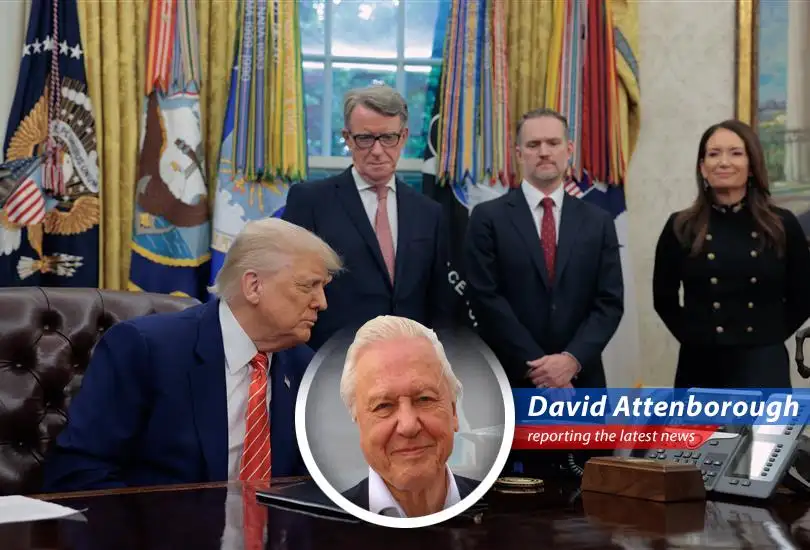
A Curious Courtship
Ah the United Kingdom and the United States two nations bound by a 'special relationship,' or so they say. Today we observe a fascinating new chapter in their ongoing saga: a trade agreement freshly inked promising a brighter tariff free future. But as we delve deeper we find this 'free' trade is about as free as a penguin in the Sahara. One cannot help but wonder what peculiar evolutionary path has led us to this point?
The Devil's in the Details
The United States under its current stewardship has implemented what they term 'reciprocal tariffs.' Quite the novel approach wouldn't you agree? It seems the UK fortunate enough to be a net importer from the US found itself at the head of the queue for a deal. But even with all the diplomatic fluttering and charming overtures they couldn't quite convince the Trump administration to abandon tariffs altogether. It seems even the closest of allies are not immune to the primal instincts of economic self preservation.
10%? That's a Low Number
Picture this: The UK can export 100,000 vehicles annually at a 10% tariff. Any more than that and bam! – a 25% duty. Steel and aluminum fare better entering the US tariff free a small victory indeed. But alas all other goods still face a 10% baseline tariff. According to the current US administration this is the lowest country specific tariff. 'That's a low number,' they say. One might wonder if they are measuring it against the lifespan of a mayfly.
Wall Street's Whispers
The denizens of Wall Street those astute observers of the economic landscape are taking note. The general consensus seems to be that a 10% baseline tariff is likely to remain the standard for other trading partners. But in this ever evolving world one thing is for sure: Change is the only constant. And the financial markets like the chameleon must adapt to survive.
Sectoral Shenanigans
The UK's auto steel and aluminum sectors have secured exceptions. This has led analysts to believe the US may be willing to strike bespoke deals with other nations. As one expert points out the UK accounts for only a small percentage of US vehicle imports making concessions easier. One cannot help but draw an analogy with the intricate web of the spider where each thread is carefully placed to serve its purpose.
A Dent in the Armor?
But what of the consequences? Some suggest that the residual tariffs could damage both the UK and the US economies. One economist predicts a 'big hit to real incomes in the US,' leading to slower growth. It seems even the most well intentioned plans can have unintended consequences. Nature is a complex and interconnected system and when we interfere we must tread carefully.
Comments
- No comments yet. Become a member to post your comments.












